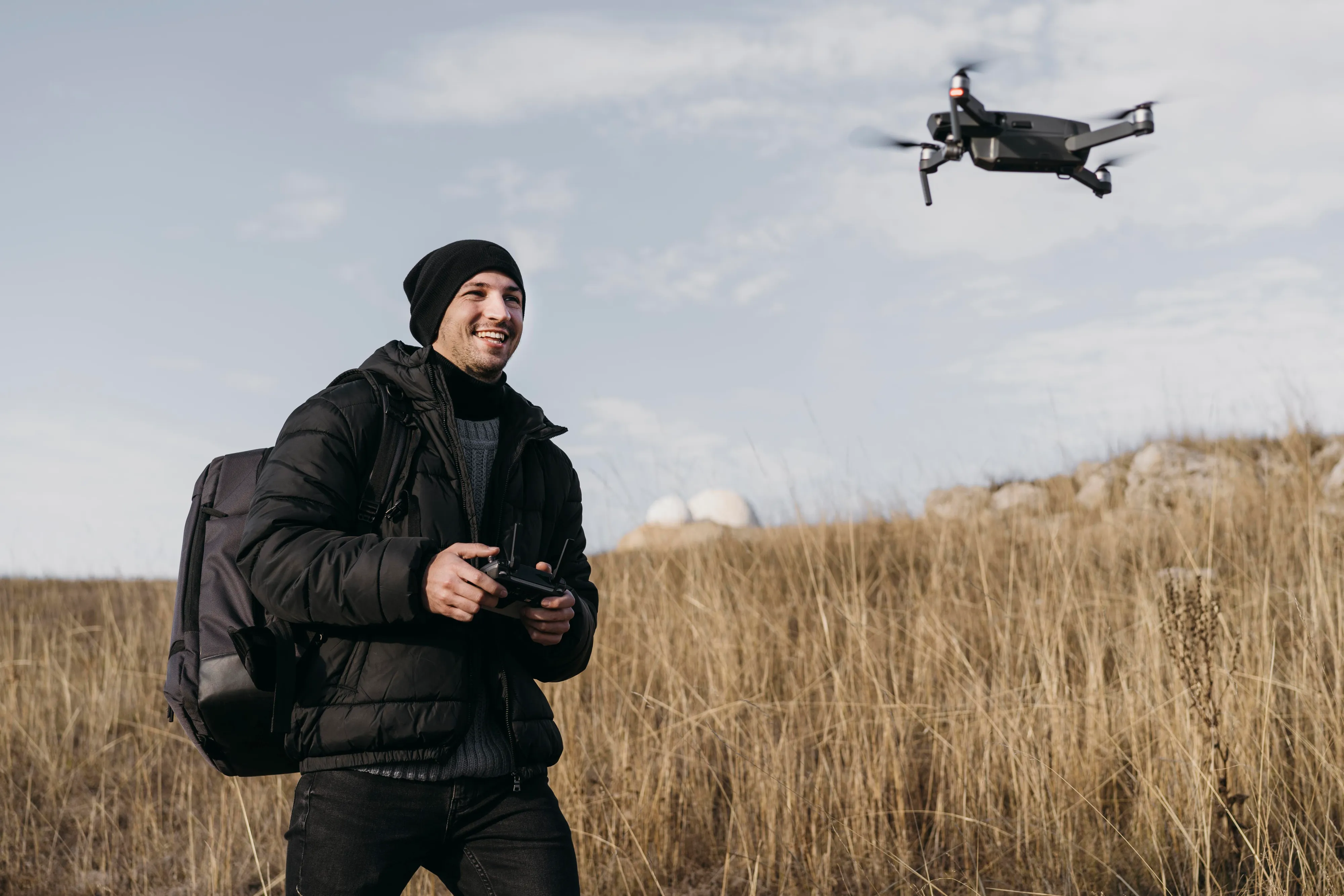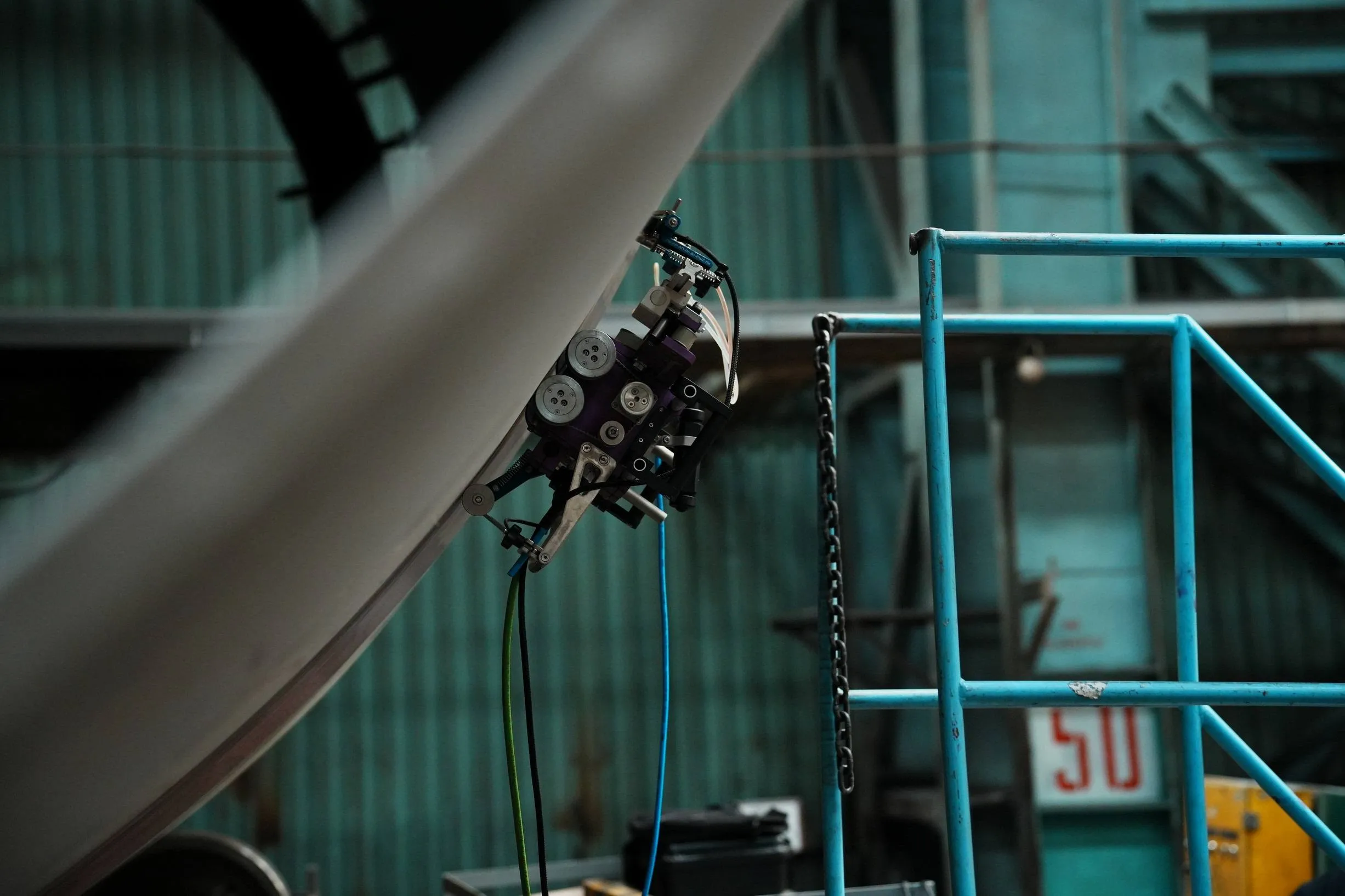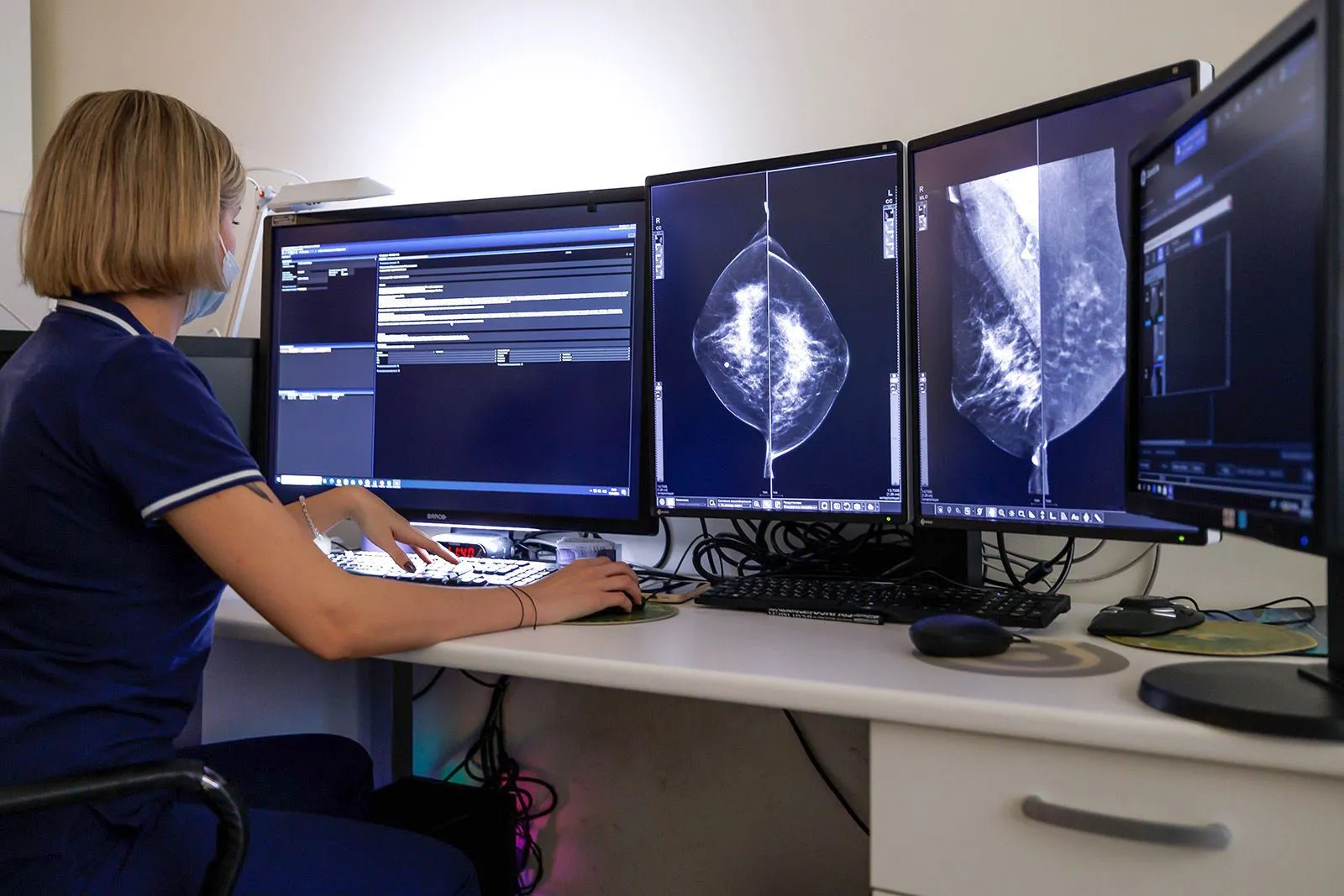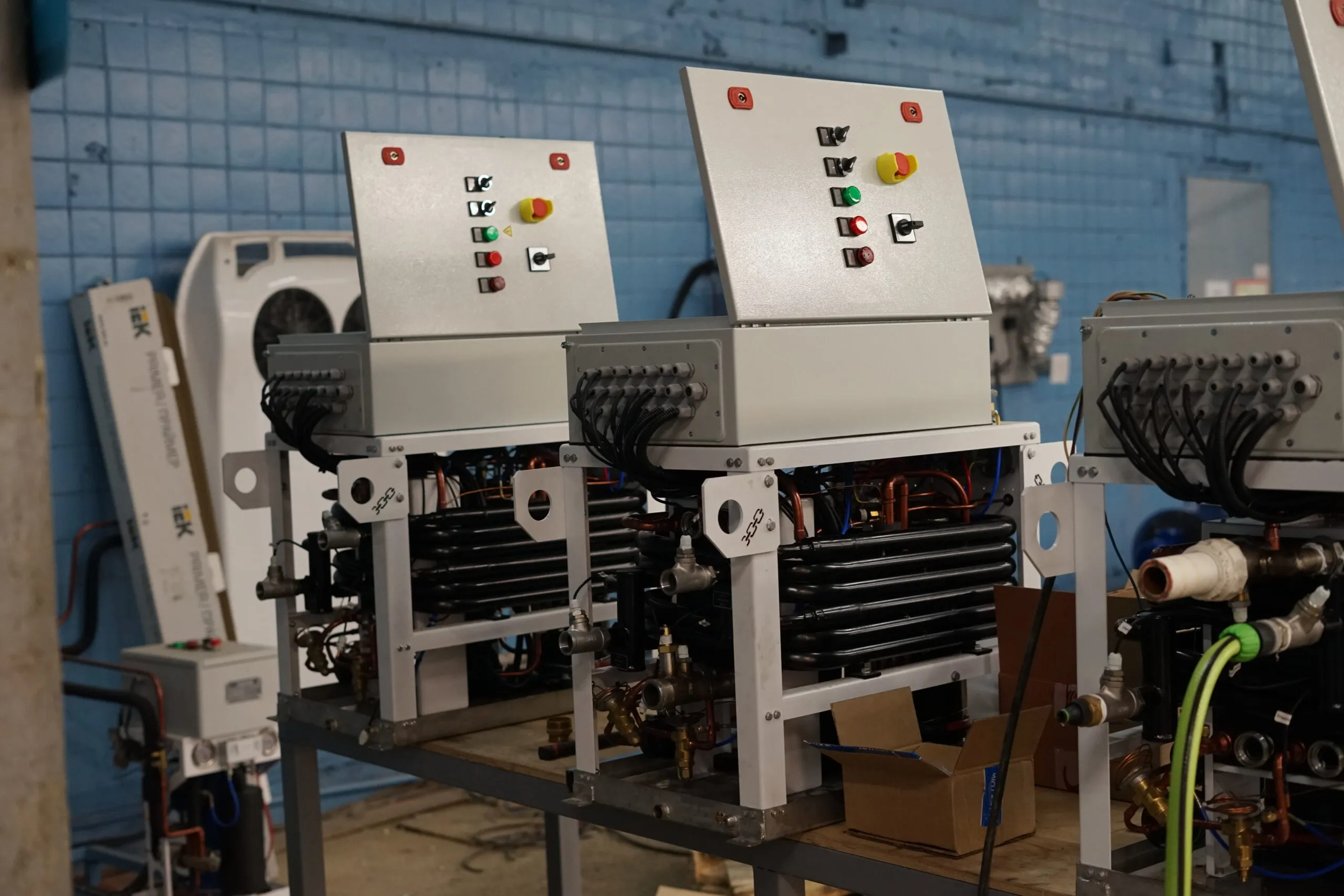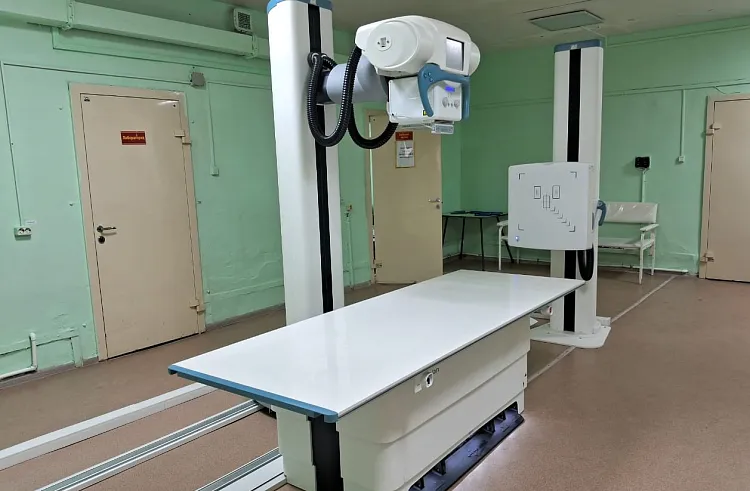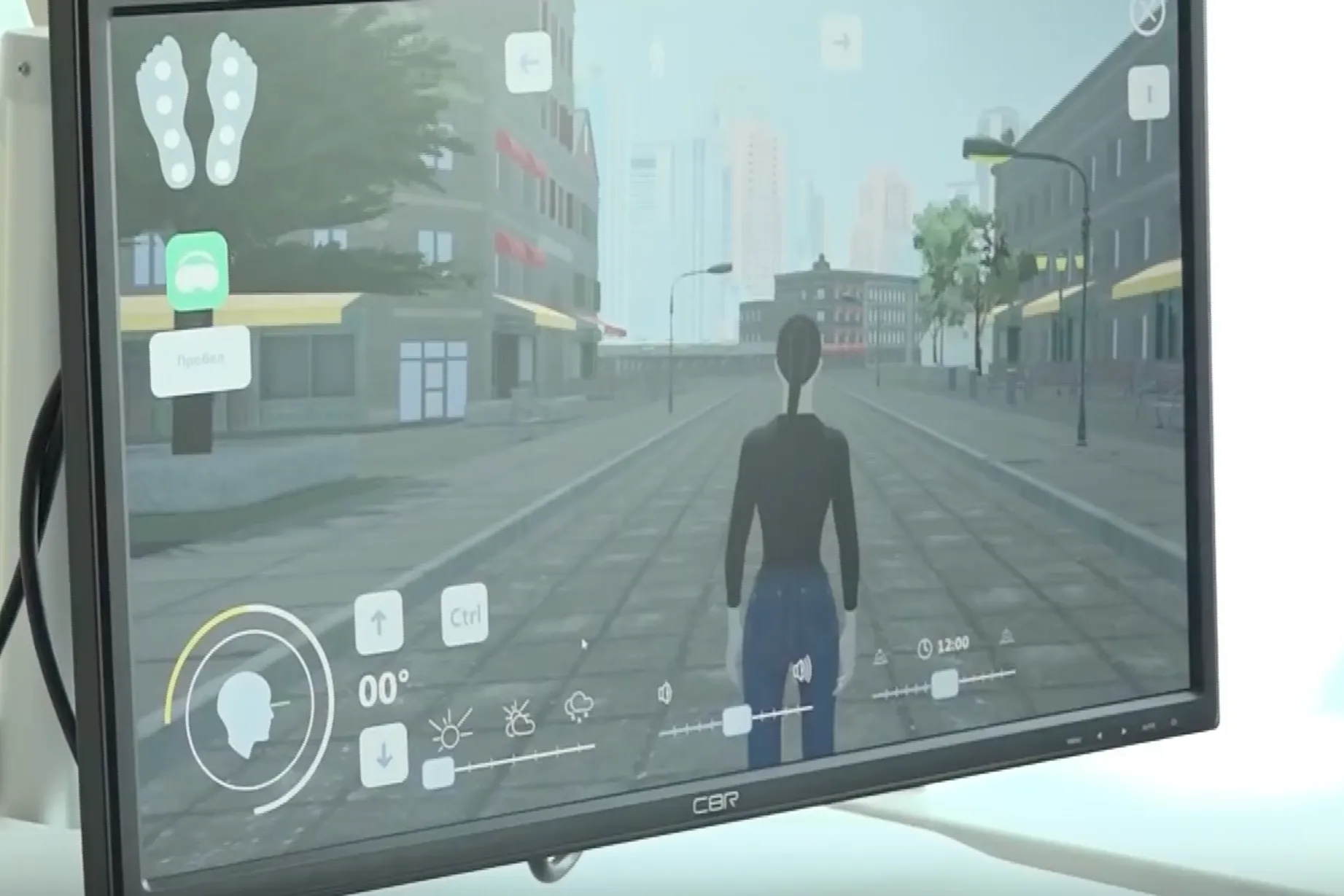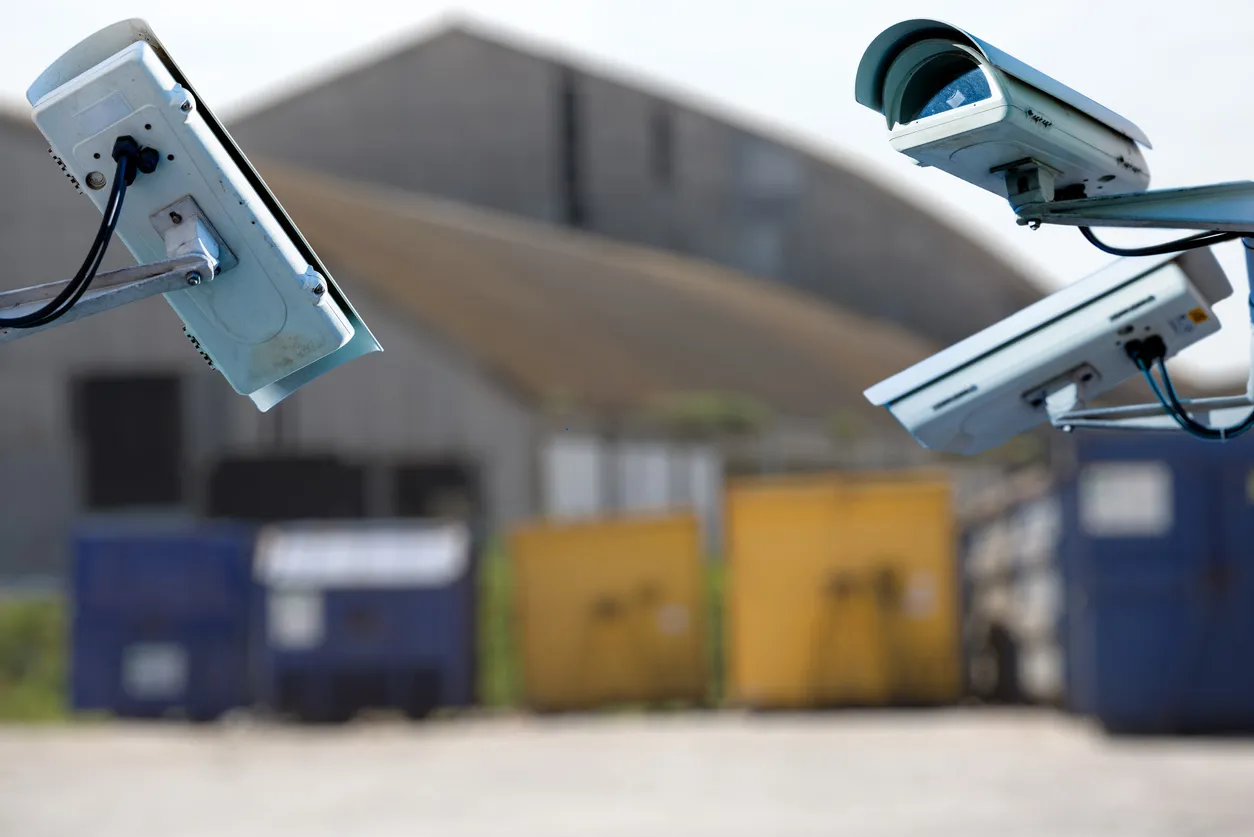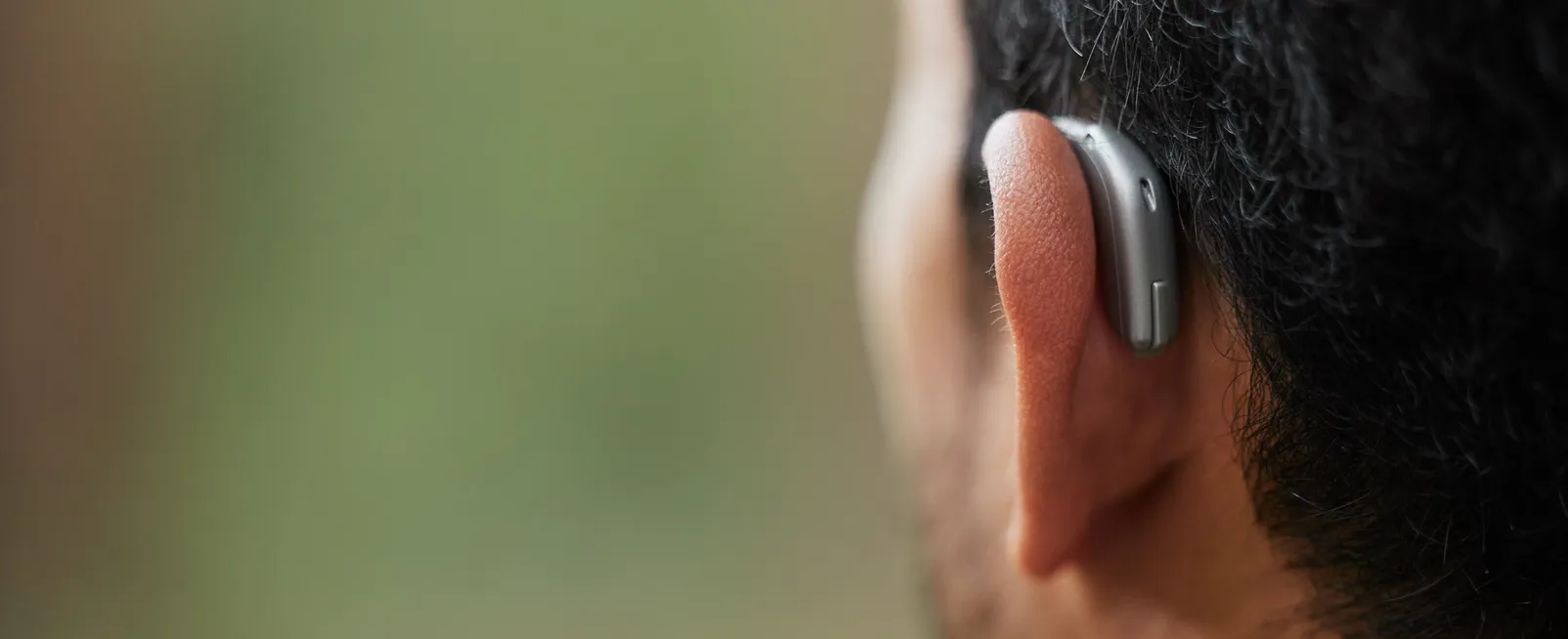Russian and Chinese Scientists Train AI to Detect Depression by the Way You Walk
The system analyzes a person’s gait to spot signs of chronic depression early—before symptoms become severe.

Researchers at the Joint Russian-Chinese University (a collaboration between Lomonosov Moscow State University and the Beijing Polytechnic Institute) in Shenzhen have developed an AI system that can detect signs of depression based on how a person walks. The technology, unveiled during the BRICS+ Open Science Week, was presented by Dmitry Shtarev, head of research at the university.
According to Shtarev, the AI doesn’t replace doctors—it assists them by flagging potential cases earlier. The system compares a person’s gait with a large database of walking patterns associated with different psycho-emotional states. Its accuracy rate exceeds 80%, making it one of the most promising tools in behavioral diagnostics.
From hospitals to workplaces
The AI is currently being tested in eight hospitals across Beijing, Shenzhen, and Guangzhou. But its potential use extends far beyond healthcare.
The project reflects a growing trend in AI-assisted mental health monitoring, where subtle physiological cues—like gait or posture—offer insights into emotional states. For now, the system’s developers believe it could help doctors intervene earlier and, one day, help cities quietly keep an eye on collective well-being.





